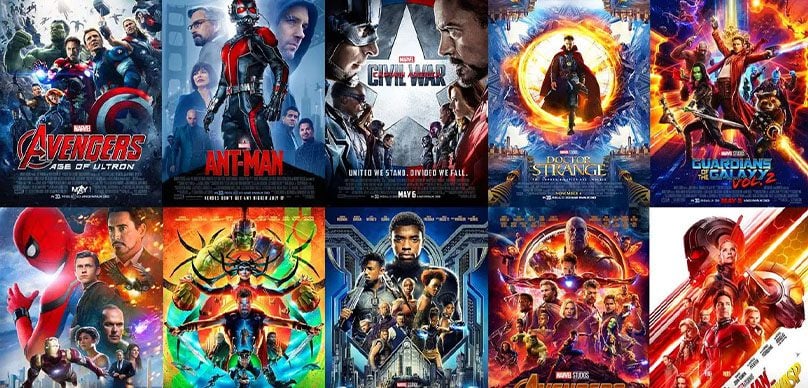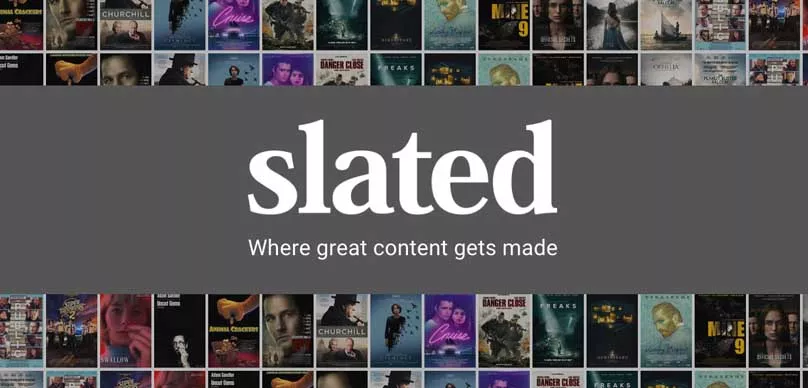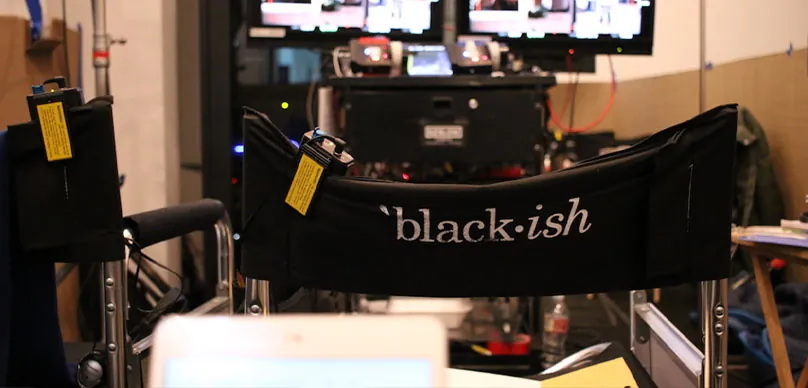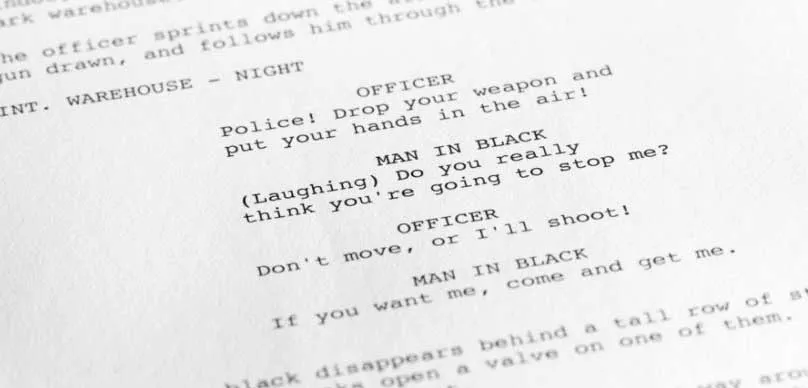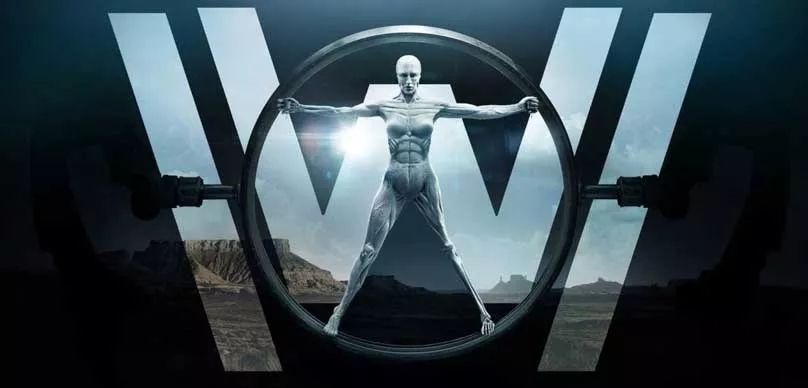Today on the show we have screenwriter and script doctor, John Winston Rainey. John is the co-author, along with legendary script consultant Linda Seger, of the book You Talkin’ to Me?: How to Write Great Dialogue. John has written 25 screenplays of which 3 have been produced and 10 have been optioned. He has been a script consultant since 1989 and is the author of Screenwriting Style That Sizzles: A Primer For Polishing
.
John had been a writer in the film industry for 35 years and won the Writers’ Guild award for best script. He had also been head of the creative department for three different studios. He is the author of the best-selling book, “The Perfect Pitch.” He tutored John on how to write screenplays that sell, and all of John’s acting and directing experience gave him the ability to analyze dramatic writing with a fine eye and ear.
In the March/April 2003 issue of Creative Screenwriting (vol.10; #2), John’s deeply closeted script analysis service was outed when he was rated the # 1 analyst in the country. Overnight, he was flooded with work. What an astounding experience! Instead of screwing up his courage to call producers, they were calling him! And there is nothing better for learning the craft of screenwriting than to analyze lots and lots of scripts and explore ways of fixing the distractions. John started getting a reputation as a great script doctor.
As a result, he not only became a script consultant in high demand, but he has also taken numerous options (deals) on many of his own spec screenplays. He is told frequently that his scripts are easy reads and he attributes that to the writing style that he has developed, which he shares with his clients, as well as his stories. Even if producers turn down one of his scripts, they frequently ask for other scripts that he has written. He has been through many development (rewriting with the producer) processes. Taking assignments and doing rewrites have been exciting creative measures of his craft.
Enjoy my conversation with John Winston Rainey.


